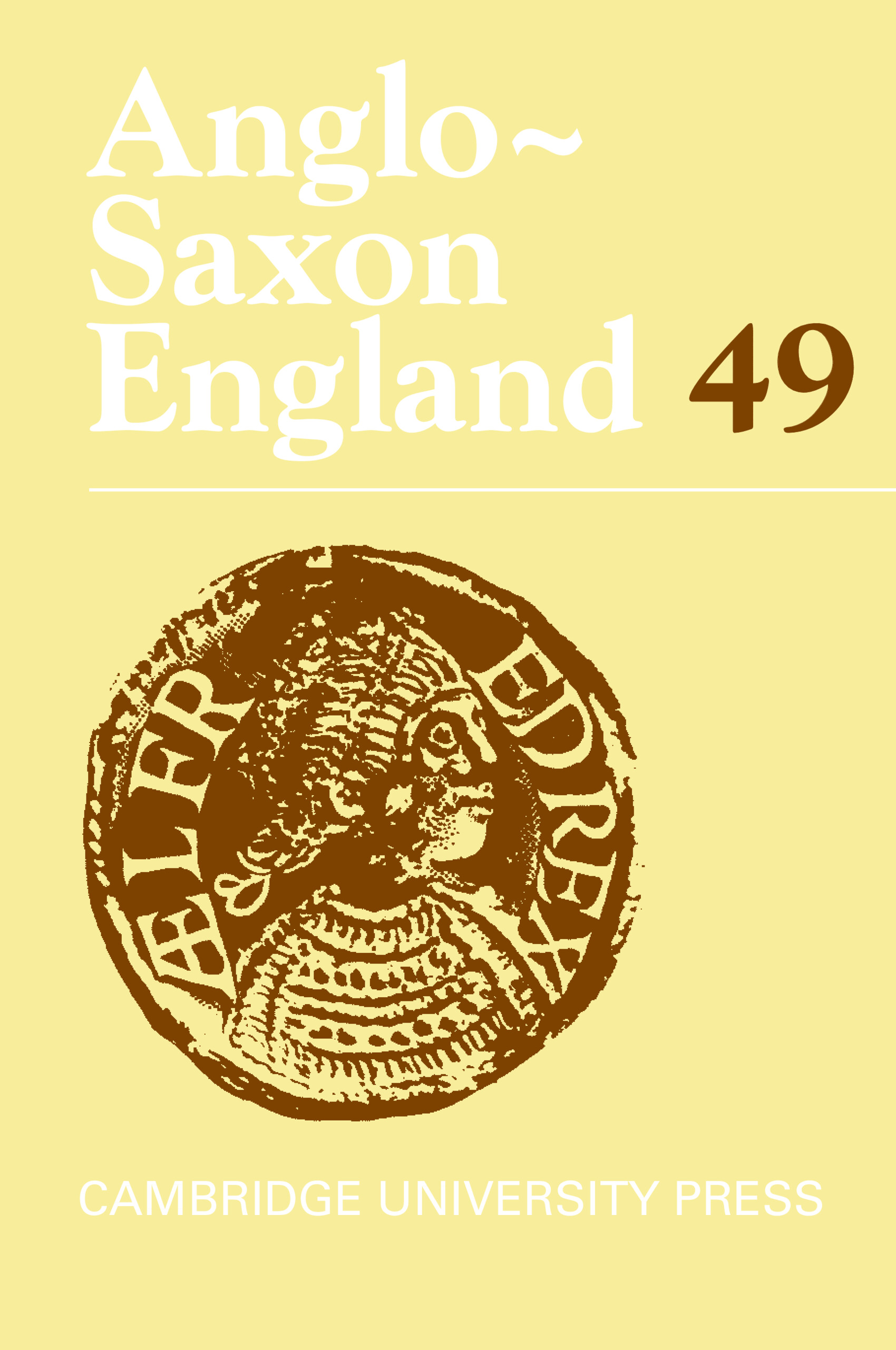Article contents
‘Æthelstan A’ and the rhetoric of rule
Published online by Cambridge University Press: 02 December 2013
Abstract
In the years c. 928 to 935, sole responsibility for the production of Latin diplomas was entrusted to the royal draftsman known to modern scholarship as ‘Æthelstan A’. The documents he produced are entirely different from any previous example of the Anglo-Saxon diploma. Not only does he modify the very form of the diploma, but he writes in a Latin style that is marked by its sophistication, ostentation and learning, a kind of Latin that was a forerunner to the so-called ‘hermeneutic’ Latin that dominates Anglo-Latin literature of the mid-tenth century and beyond. Never before had the royal diploma's rhetorical properties been exploited to such a degree and it seems no coincidence that these documents appeared following King Æthelstan's momentous political conquest of the North in 927.
- Type
- Research Article
- Information
- Copyright
- Copyright © Cambridge University Press 2013
- 1
- Cited by


